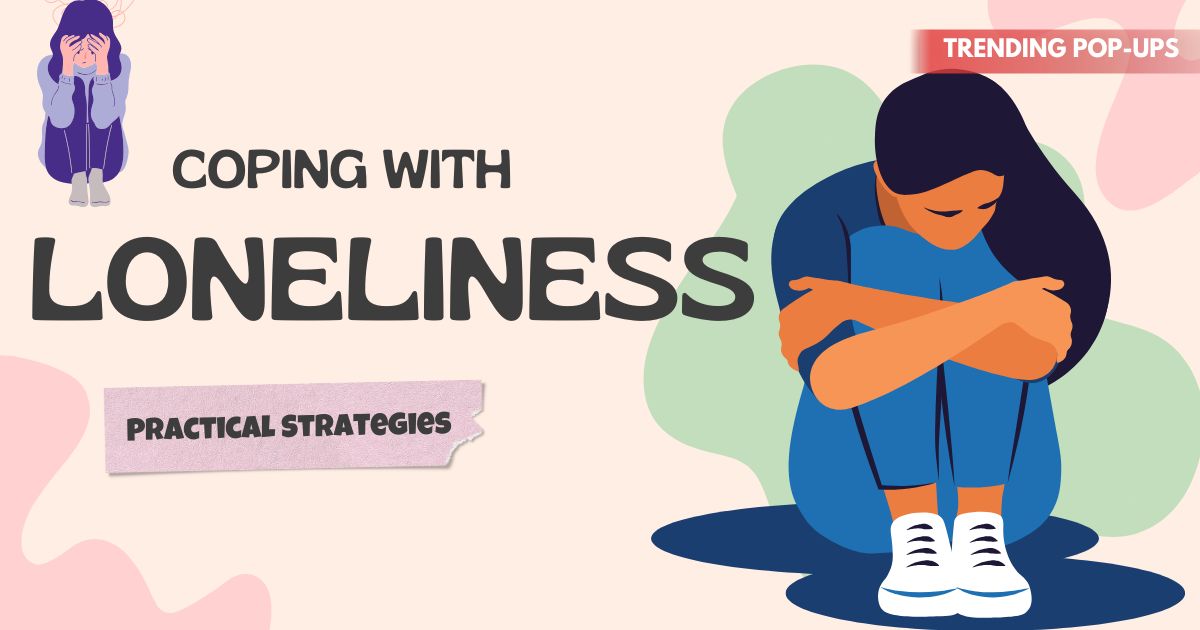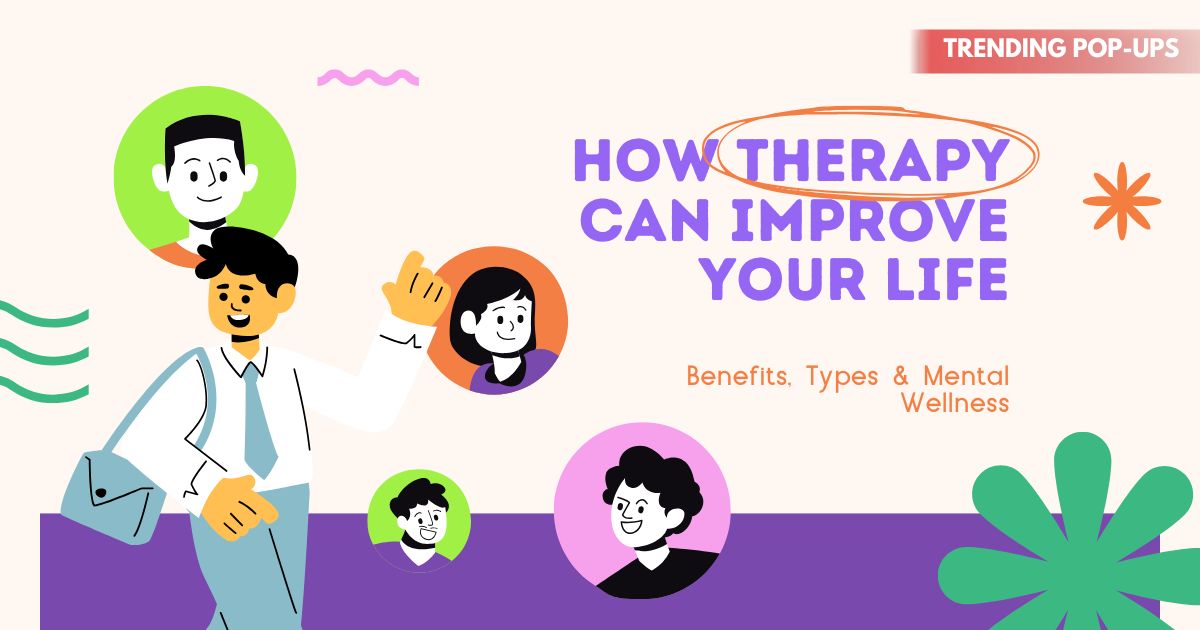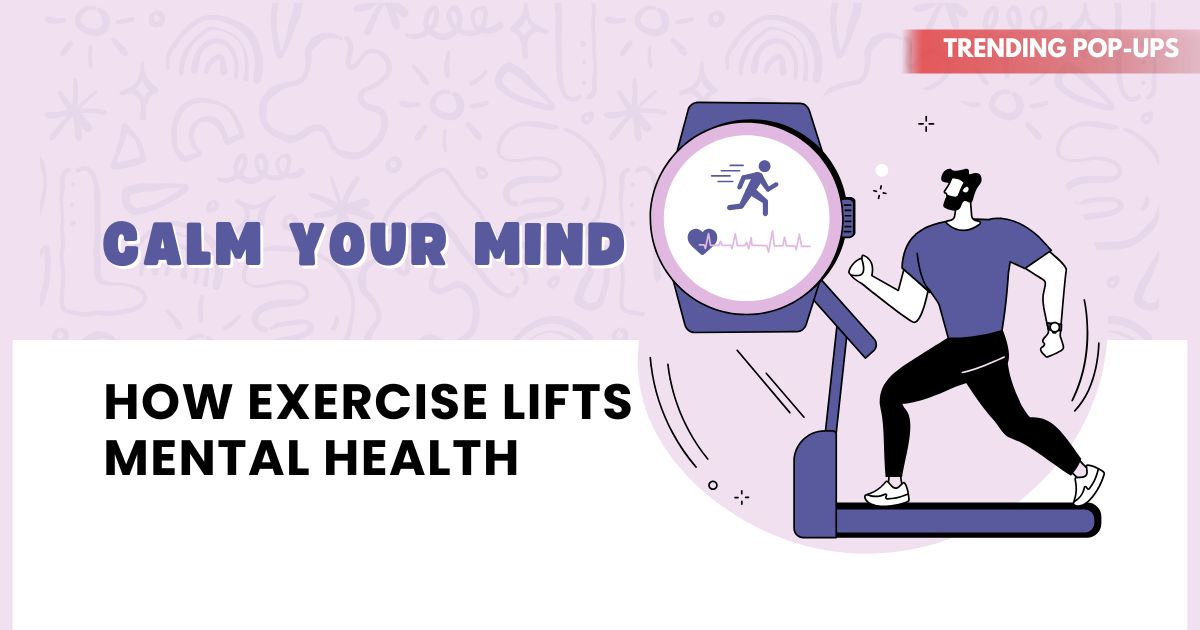Loneliness is a universal human experience that can affect people of all ages. While occasional solitude can be peaceful and restorative, chronic loneliness can impact mental, emotional, and physical health. Studies link prolonged loneliness to increased stress, anxiety, depression, and even cardiovascular issues. Learning practical strategies to cope with loneliness is essential for maintaining overall well-being. This article explores effective methods to manage loneliness, strengthen social connections, and improve quality of life.
Understanding Loneliness
Loneliness is more than just being alone; it is the feeling of isolation and disconnection from others. People can feel lonely even in a crowd or while surrounded by friends. Loneliness often stems from:
-
Lack of meaningful social connections
-
Life transitions, such as moving to a new city or changing jobs
-
Loss of loved ones or end of relationships
-
Social anxiety or low self-esteem
Recognizing the signs of loneliness is the first step toward addressing it. These signs include persistent sadness, low motivation, overthinking, difficulty sleeping, and withdrawal from social activities.
The Importance of Coping with Loneliness
Chronic loneliness can have serious consequences for both mental and physical health. It increases the risk of:
-
Depression and anxiety
-
Poor sleep and fatigue
-
Cognitive decline in older adults
-
High blood pressure and weakened immunity
Coping with loneliness not only improves mental health but also enhances social skills, self-esteem, and resilience.
Practical Strategies to Cope with Loneliness
1. Strengthen Social Connections
Building meaningful relationships is crucial to overcoming loneliness. Even small steps, like reaching out to family or friends, can make a difference. Consider the following:
-
Schedule regular calls or video chats with loved ones
-
Join clubs, interest groups, or online communities
-
Participate in local events, workshops, or classes
-
Volunteer for community service, which fosters connection and purpose
2. Practice Mindfulness and Self-Awareness
Mindfulness helps individuals acknowledge feelings of loneliness without judgment. Being present in the moment reduces overthinking and negative self-talk. Techniques include:
-
Meditation and deep breathing exercises
-
Journaling thoughts and emotions
-
Observing surroundings during walks or daily activities
Mindfulness strengthens self-awareness and helps identify triggers of loneliness.
3. Develop Hobbies and Interests
Engaging in activities you enjoy can combat loneliness by providing purpose and joy. Hobbies not only keep the mind active but can also lead to social interaction. Consider:
-
Creative pursuits like painting, writing, or music
-
Physical activities such as yoga, dancing, or sports
-
Learning new skills or languages online or offline
Hobbies create opportunities to connect with like-minded people and foster a sense of accomplishment.
4. Embrace Solitude Positively
Not all alone time is harmful. Learning to enjoy solitude can help build resilience and self-confidence. Strategies include:
-
Practicing gratitude and reflecting on positive aspects of life
-
Taking nature walks or enjoying quiet time with a book
-
Engaging in self-care routines such as skincare, meditation, or cooking
Embracing solitude as a period of growth can reduce negative feelings associated with being alone.
5. Maintain Physical Health
Physical well-being significantly impacts mental health. Regular exercise, a balanced diet, and sufficient sleep improve mood, energy levels, and stress management. Tips include:
-
Engaging in at least 30 minutes of moderate exercise daily
-
Consuming nutrient-rich foods and staying hydrated
-
Practicing relaxation techniques like yoga or stretching
A healthy body supports a healthy mind, making it easier to cope with loneliness.
6. Seek Professional Support
Sometimes, loneliness can be intense and persistent, requiring professional guidance. Therapists or counselors can provide strategies for managing emotions, improving social skills, and addressing underlying mental health issues. Online therapy and support groups offer accessible options for individuals unable to attend in person.
7. Limit Social Media Overuse
While social media can connect people, excessive use often exacerbates loneliness and comparison anxiety. To reduce negative effects:
-
Limit daily screen time
-
Focus on meaningful interactions rather than passive scrolling
-
Engage in in-person or voice-based communication when possible
8. Practice Gratitude and Positivity
Focusing on positive aspects of life can shift the mindset from loneliness to contentment. Practicing gratitude strengthens emotional resilience and encourages social engagement. Strategies include:
-
Keeping a daily gratitude journal
-
Expressing appreciation to friends or family
-
Reflecting on personal achievements and strengths
9. Join Support Groups
Support groups, both online and offline, provide a safe space to share experiences and feel understood. Being part of a community with shared challenges can reduce feelings of isolation and provide emotional support.
10. Set Realistic Social Goals
Setting achievable social goals can gradually reduce loneliness. Examples include:
-
Attending one social event per week
-
Reaching out to a friend every few days
-
Participating in group activities related to personal interests
Small, consistent steps can build confidence and strengthen social connections over time.
Conclusion
Loneliness is a natural human experience, but chronic loneliness can have significant consequences. Implementing practical strategies such as strengthening social connections, embracing mindfulness, pursuing hobbies, maintaining physical health, and seeking professional support can effectively cope with loneliness. By taking small, consistent steps, individuals can transform feelings of isolation into opportunities for personal growth, connection, and emotional well-being.
Learning to manage loneliness is not only about social interaction but also about self-awareness, self-care, and developing resilience. With commitment and mindful practice, it is possible to overcome loneliness and lead a fulfilling, connected life.
Also Read : The Role of Sunlight in Vitamin D Absorption
FAQs
1. What is the difference between being alone and feeling lonely?
Being alone is a physical state, while loneliness is an emotional experience of disconnection and isolation. One can be alone without feeling lonely and vice versa.
2. Can hobbies really help with loneliness?
Yes, hobbies provide purpose, engagement, and opportunities to meet like-minded individuals, reducing feelings of loneliness.
3. How can mindfulness help cope with loneliness?
Mindfulness encourages self-awareness, reduces negative thinking, and helps individuals accept their emotions without judgment, improving mental well-being.
4. Is professional help necessary for loneliness?
If loneliness is persistent, intense, or affecting daily functioning, therapy or counseling can provide strategies to manage emotions and improve social connections.
5. Can exercise reduce feelings of loneliness?
Yes, physical activity releases endorphins, improves mood, reduces stress, and can create social opportunities, all of which help combat loneliness.


